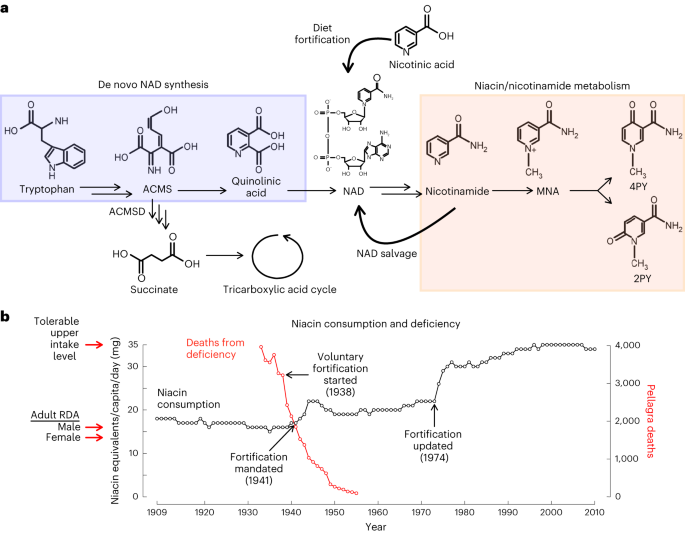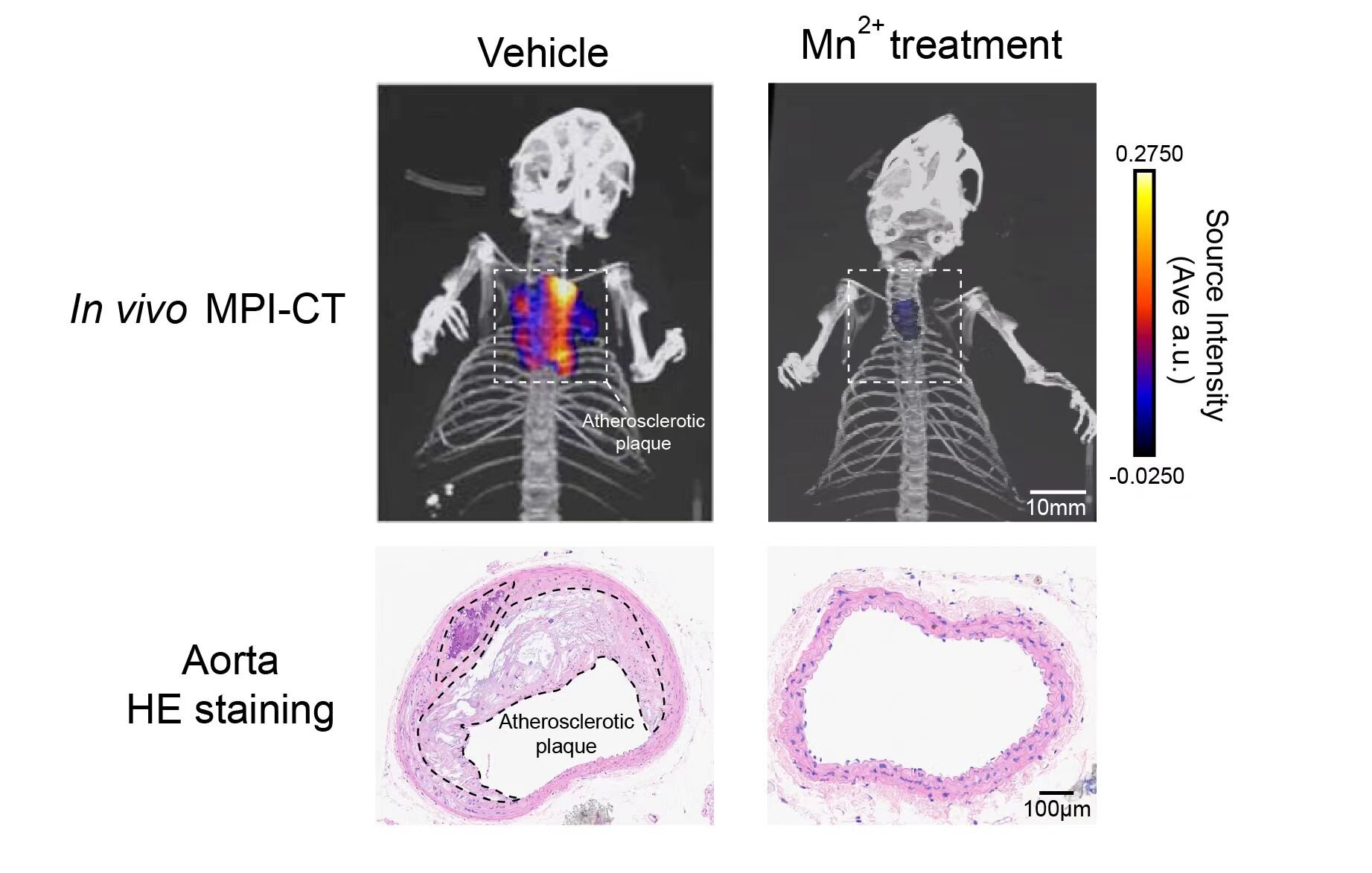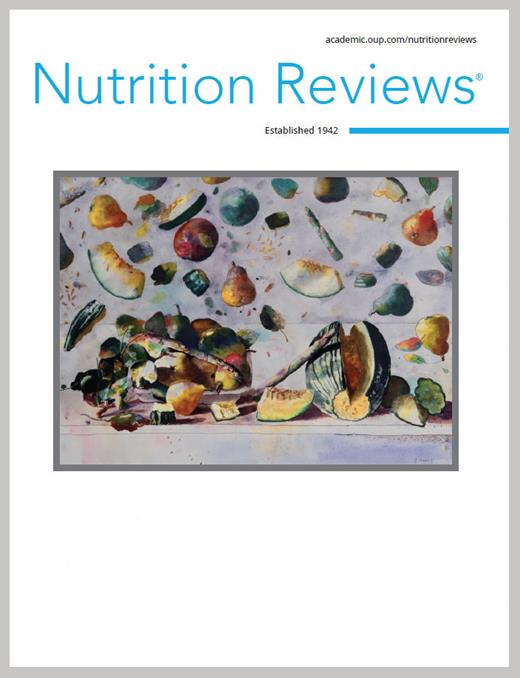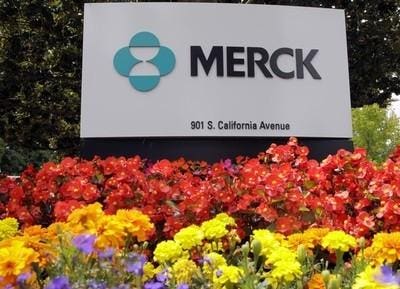ecstatichamster
Member
- Joined
- Nov 21, 2015
- Messages
- 10,528

A terminal metabolite of niacin promotes vascular inflammation and contributes to cardiovascular disease risk - Nature Medicine
Following the observation that higher circulating levels of metabolites derived from niacin—an essential micronutrient that is fortified in cereals—are associated with a higher risk for cardiovascular events, genetic and preclinical studies established links among niacin-derived metabolites...
This study obliquely suggests that heart patients have lots of niacinamide metabolites in their bloodstream, and therefore suggests niacin is bad.







